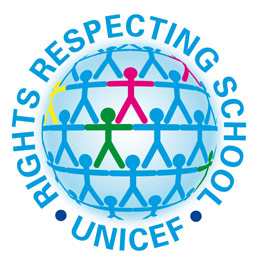
Gerry Burns, Physics/Science Department
This workshop aimed to generate discussion of the United Nations Convention on the Rights of the Child (UNCRC) with staff to raise awareness of what it means. This also allowed staff the CPD opportunity to gain an insight into the forthcoming RRSA project. In addition, this was used to test this activity before it is used with pupils.
From a selected number of articles printed on card from the UNCRC, staff were asked to pick the three most important articles relating to pupils within the school. They were asked to discuss each and provide an insight into why they thought their selection was important. The Specific instructions for these tasks can be found on the powerpoint located here. The responses from this were collated from a plenary session at the end of the workshop.
On the whole, staff commented that they enjoyed this task and thought it was an effective way to generate discussion of the needs of the pupils within the school and also in a wider context for young people around the world. For the most part, groups in each workshop picked different articles which again led to discussion of the thinking behind the selection. Staff commented that they believed that this would be an effective tool to use with pupils to raise awareness of UNCRC and RRSA.
In the future pupils will undertake the same task in PSE or during a dedicated period. This will also be used as a survey and the results collated to gauge the overall opinion of the pupils within the school. An additional task will be undertaken whereby pupils will use the same articles to place them into the categories of rights (survival, protection, development and participation)









